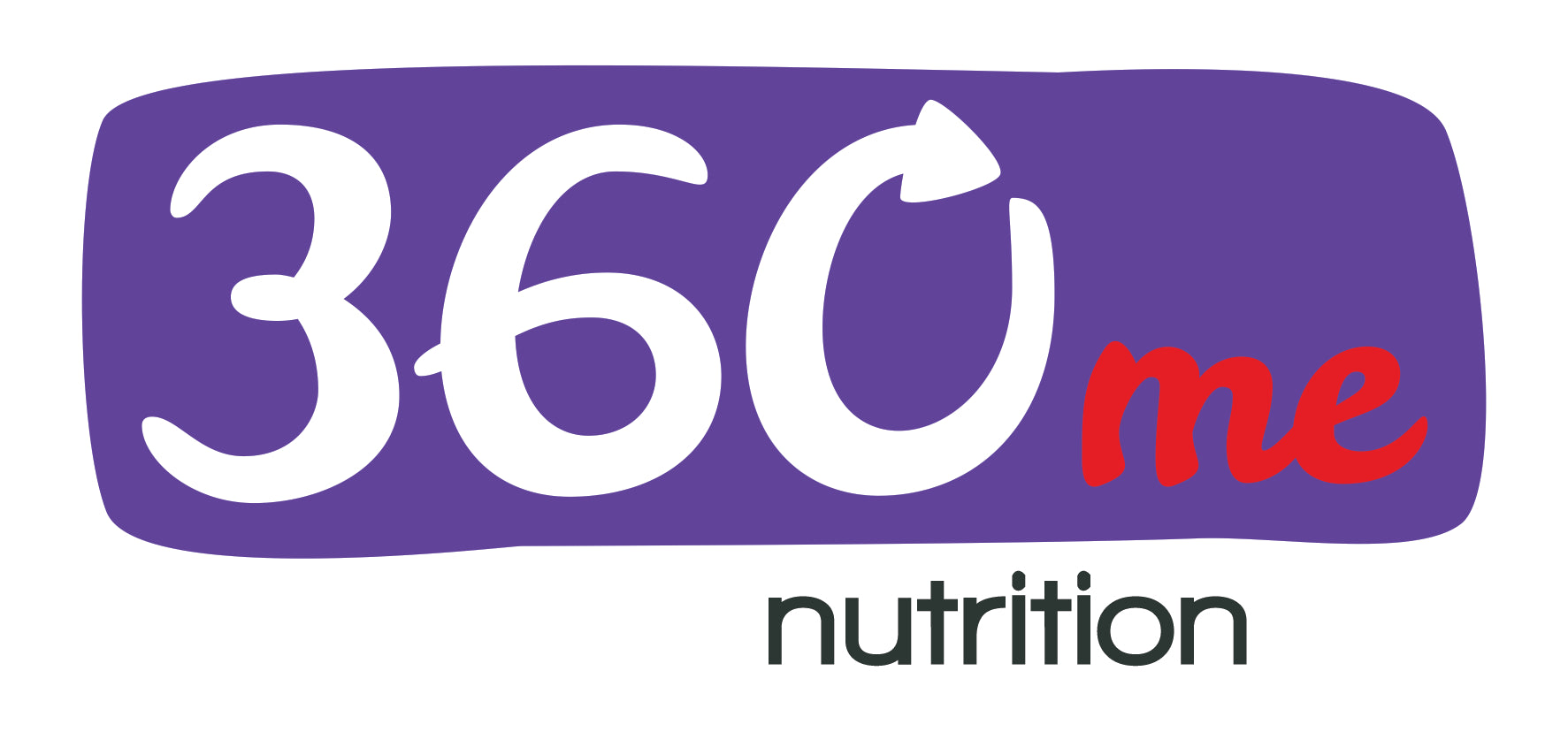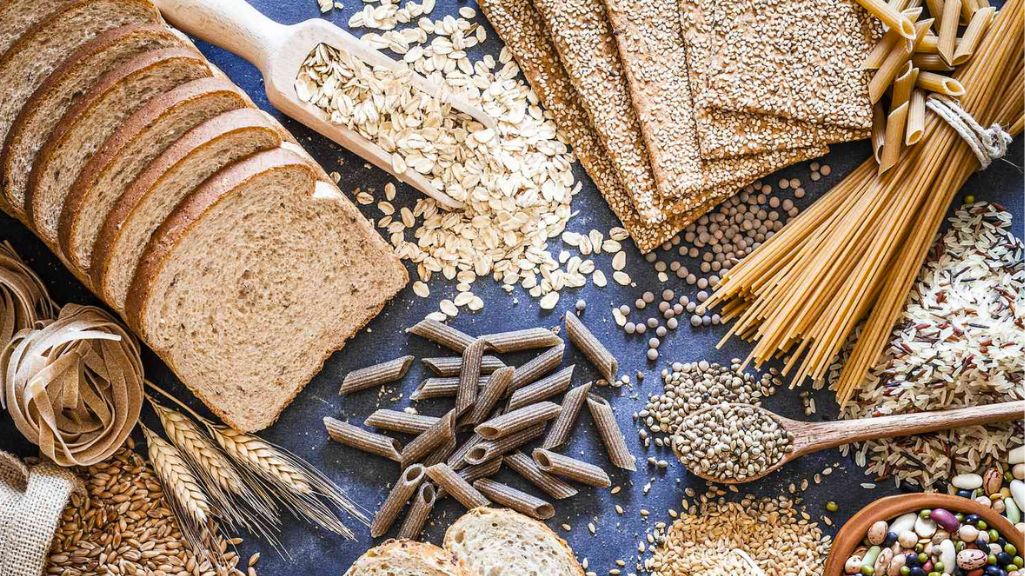There’s often debate about how much carbs we should be having in our diets. Some people think we should cut them out completely. Have you wondered about this?
If you have, it’s important to know carbohydrates are the main fuel for our body, we need at least 50g of quality carbs a day just for brain function. But also, excess intake of carbs can increase sugar levels in your blood which can lead to weight gain, fatigue and poor health such as diabetes and heart disease.
The question persists, carbs or no carbs?
Sounds mind blowing, doesn’t it? Well, it won’t be once you understand these:
First, there are different types of carbs:
That’s right, NOT all carbs are BAD, there are different types with different actions in the body. So, we want to have the best quality carbs in our diet. Carbs are classified as:
- Simple Sugars – (if you read labels these include glucose, fructose, sucrose, lactose) this type of carb is easily digested and rapidly absorbed in the body for energy and if not used converts to fat. Foods include lollies, cakes, pastries, added sugars in foods, soda, juices.
- Starch – is a type of carb referred to as a complex carb and is found in many plant-based foods including peas, corn, potatoes, corn, beans, legumes and whole grains. Some foods also have resistant starch, the best type that helps heal your gut, these include artichokes, banana.
- Fibre – in food labels, did you know fibre counts as a carb? Fibre is the roughage of most plant foods and the type of carb your body doesn’t break down to an energy source (This is the good stuff!)
You guessed it; the sugars are the ones we really want to move out of our diets and the starches we want to limit, but we need more fibre-based carbs, this is your green leafy vegetables!
Then, so far, the answer to the question will be, YES to have carbs in your daily intake, so you can get some energy and good amount of fibre. Perhaps the question now is how much?
The amount of carbs you eat will increase the sugar levels in your blood and the type will tell you how fast they break down in the body, and this is what we call glycaemic load (GL) and glycaemic index (GI). As we previously said having too much sugar in the blood can lead to health and weight issues. But it's not all doom and gloom, because you can change your diet behaviours, even if you start with choosing the right types of carbs!
Here are some simple tips:
- Stop sugar sweetened beverages, including juices and energy drinks!
- Build your dinner plate by using veggies in place of pasta, rice, and noodles.
- Cut back on breads, rolls, and wraps.
- Choose nuts as your snacks, 40g a day in a balanced diet is a good start!
However, for more specific details on how many serves of them you should have in your diet, according to your pass medical history, labels of physical activity and age, you should consult one of our 360Me Nutrition dietitian's to specifically find out about your nutrition needs and how to fit certain amount of carbs in your daily intake.

